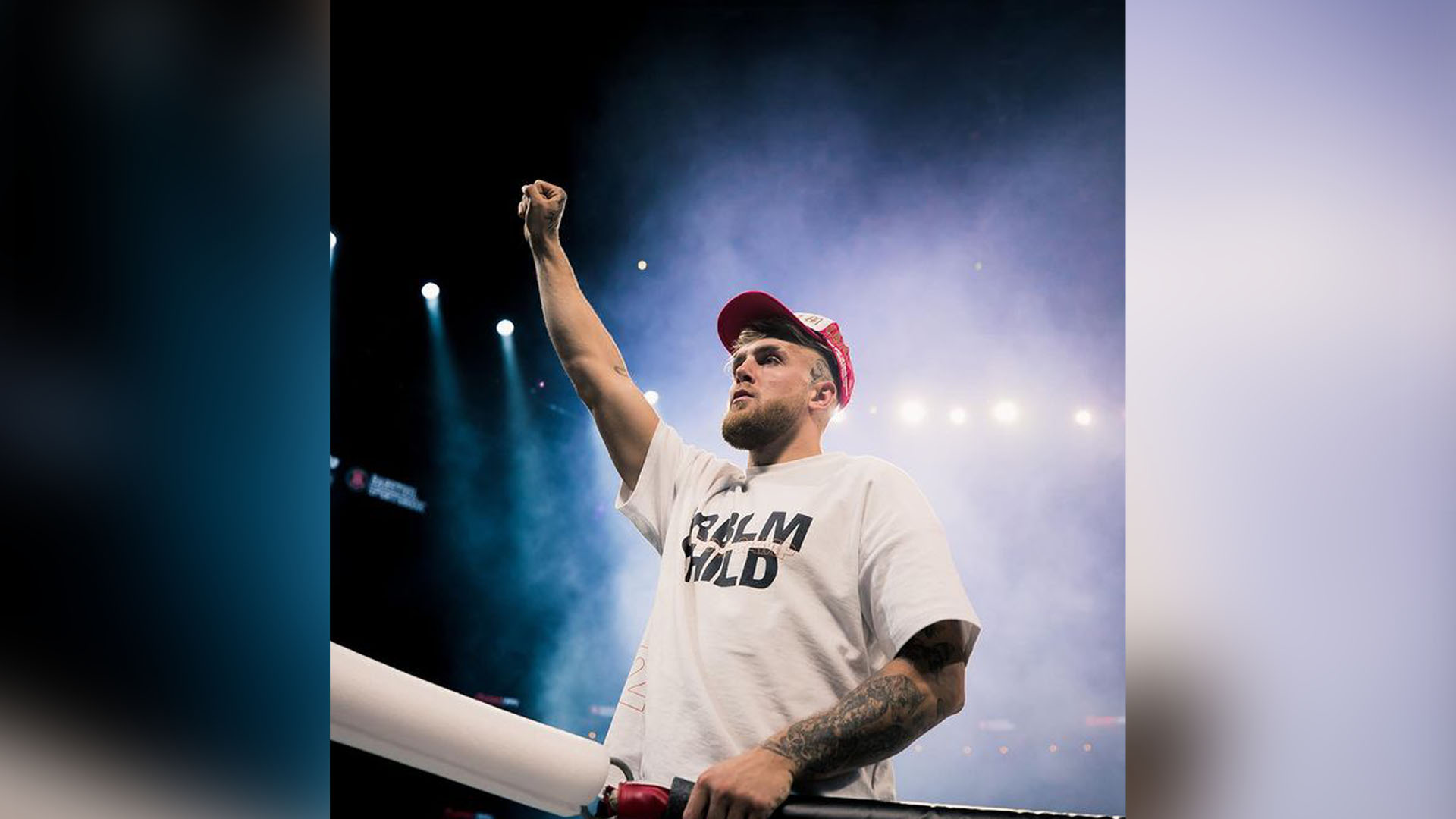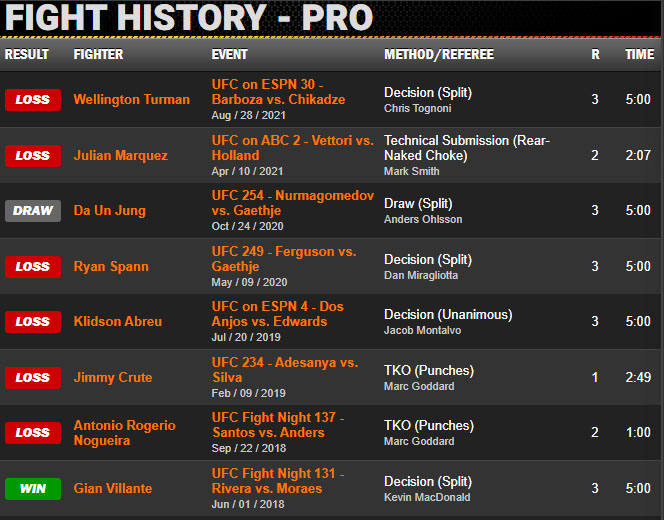Jake Paul is a nuisance. He’s a nuisance for MMA professionals, a nuisance for the UFC and especially a nuisance for Dana White. But he’s also one of the best allies professional MMA have ever had. While the athletes in MMA are very adamant to treat payment like a zero sum game (ie “if you get paid more, I get paid less”) Paul has been a vocal advocate for a while now.
For his first fight featuring a former UFC fighter, Paul had made an offer of a flat rate of 500.000. By comparison Askren had made about 375.000 during his UFC run.
As the Woodley fight was starting to be negotiated the management was very happy – even before the fight was official it was clear Woodley would get a big slice of the money pie.
Tyron Woodley’s manager @malkikawa says his fighter ” should walk away with a multi-million dollar payday” for his boxing match against Jake Paul:
“It’s one of the best deals I’ve ever done.”
Watch full interview: https://t.co/7brESWr5FC pic.twitter.com/aPUgoi6uC0
— MMAFighting.com (@MMAFighting) June 3, 2021
In spite of being focused on boxing, he’s clearly onto something with his MMA strategy.
“It’s something I’m bullish on and something that needs to change,” Paul said in a 30-minute interview with MMA Fighting. “For my fight, when we were building out the undercard, I was like, ‘We need to make sure this fight, these fighters, every single person on this card gets paid the most they ever got paid to fight.’ I just want to spread the wealth and be about my words and put action behind my words and be the change instead of just talking about the change.”

